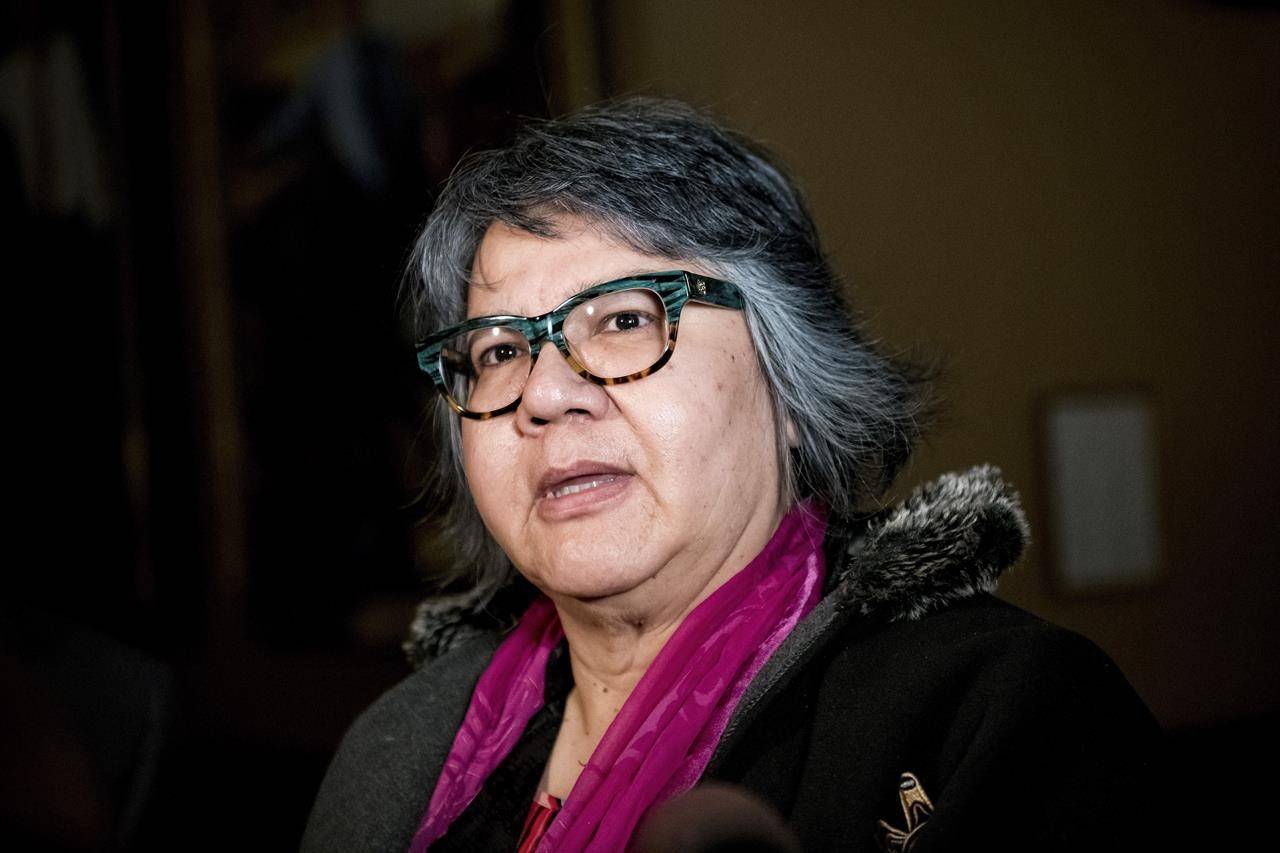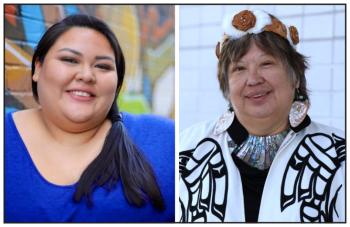Image Caption
Summary
Local Journalism Initiative Reporter
Windspeaker.com

The first woman to serve as national chief for the Assembly of First Nations (AFN) has been expelled from office by about 25 per cent of its members, one year shy of completing her three-year mandate.
With 231 of more than 630 chiefs or their proxies (231) voting virtually yesterday, 163 supported a resolution to immediately relieve RoseAnne Archibald of her position in leading the largest Indigenous advocacy organization in the country.
They agreed that that she had violated the AFN’s Whistleblower Policy and breached the executive committee's Code of Conduct. An independent human resources investigation into allegations against Archibald for the harassment of five people upheld two of those complaints and found that she had retaliated against all five complainants. She was also found to have breached the whistleblower policy by making public statements.
“This is about leadership. This is about accountability. This is about doing business in a good way. And we just feel the way RoseAnne has treated her employees was breaching the Code of Conduct, of ethics, of policy, of confidentiality. She can't do that," said Judith Sayers, president of the Nuu-chah-nulth Tribal Council, which represents 14 First Nations in British Columbia.
“And so no, I don't think it was a gender-thing at all.”
Women chiefs and proxies voted in favour of expelling Archibald, she said, and the resolution to expel Archibald was put forward by two women chiefs.
Despite yesterday’s result, Sayers, who had a proxy in the June 28 vote, is confident that women won’t be dissuaded from including their names on the ballot when a special election is held in December to fill the position.
In the lead up to yesterday’s vote, Archibald said the regional chiefs, who make up the AFN executive, were taking action against her not because of the HR complaints, but because she was pushing for a forensic audit, wanting to root out corruption, and make systemic changes in the AFN organization.
Both—the findings of harassment and the retaliation against a forensic audit—can be true, says Courtney Skye, fellow with the Yellowhead Institute.
“There can be a lot of people that have really good intentions or want to achieve certain things, but (Archibald) was trying to create very drastic changes within a very patriarchal institution and, unfortunately, when women try to do that, they can't have any missteps, otherwise it will be used against them to railroad them from what their higher aspirations may be,” said Skye.
That, she contends, is how gender “definitely” factored into what happened to Archibald.
“Whether or not people want to admit it, whether it's their internalized sexism or systemic sexism that has plagued Indigenous communities for a very long time,” said Skye.
“Gender discrimination is completely built within the structure that the AFN represents. When it’s baked into the bones of an organization like that it's really hard to see that what you always perceived as normal as being the problem.”
She points out that qualities that are seen as professional in men are often seen as “problematic” in women.
However, she is quick to add, that doesn’t take away from the findings of the HR investigation: “Whether or not it's a man or woman that's doing the harassing, it's still harassment.”
Skye doesn’t feel that Archibald’s fate will dissuade women from seeking the position of national chief, as many women serve as chiefs of their communities.
“I think that the people, (including) women and non-binary, trans people…see (the AFN) as a tactic for creating change…There’s a perception of power within that structure,” she said.
However, Skye doesn’t view the AFN in that way. She doesn’t believe the organization reflects the values of the grassroots people or the communities and “I would discourage anyone who's interested in creating change in their communities from wasting their time essentially in a system that seems to be broken beyond repair.”
She also draws attention to the fact that yesterday’s low voter turnout is consistent with past assemblies.
“I don't think it's an effective forum. I can't really think of the last time anything that the AFN has done has had a positive impact on my life or the work of my community. We can no longer exist in these slow patriarchal structures that take forever to do anything,” said Skye, a Mohawk from Six Nations of the Grand River Territory.
Sayers agrees that Wednesday’s numbers are reflective of past assemblies.
She says floods, fires, drugs, deaths and other “real events” kept chiefs occupied despite the significance of the resolution being dealt with.
Two years ago, when Archibald took the position of national chief, 350 chiefs or proxies voted. She won on the fifth ballot with 50.5 per cent of the vote when her remaining opponent Reginald Bellerose, who had 35.5 per cent of the vote, conceded.
In accordance with the AFN Charter, an interim national chief will be chosen from the executive committee.
It is unclear whether the national chief elected in December will serve only until the next regularly scheduled election in July 2024 or will go on to serve the next term as well.
Archibald did not respond to requests from Windspeaker.com for an interview.
Local Journalism Initiative Reporters are supported by a financial contribution made by the Government of Canada.

